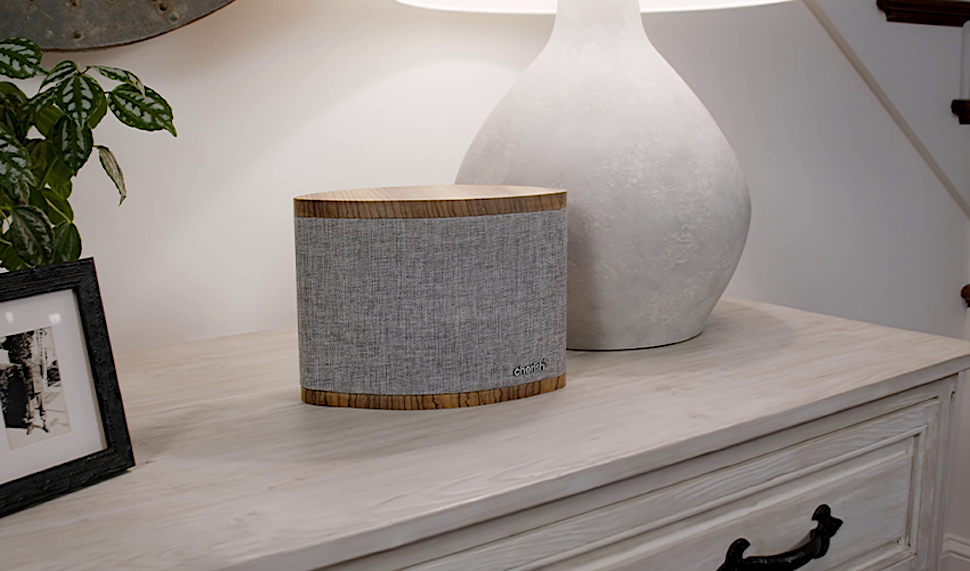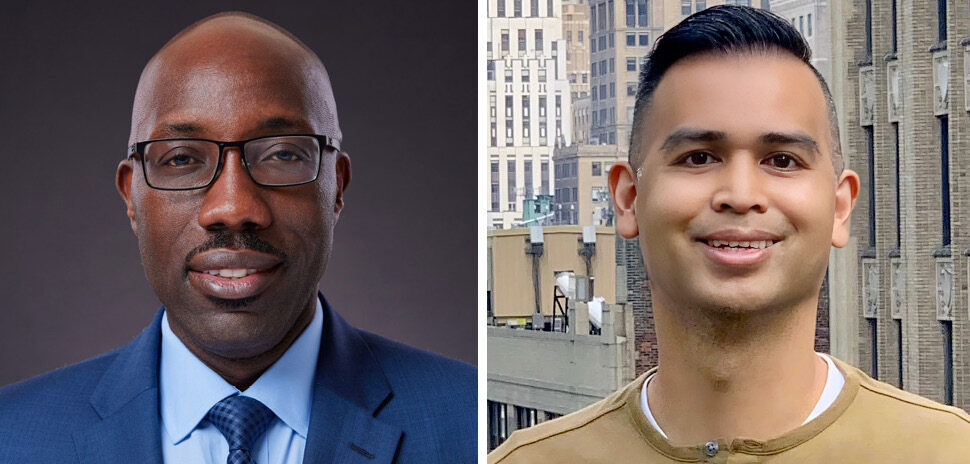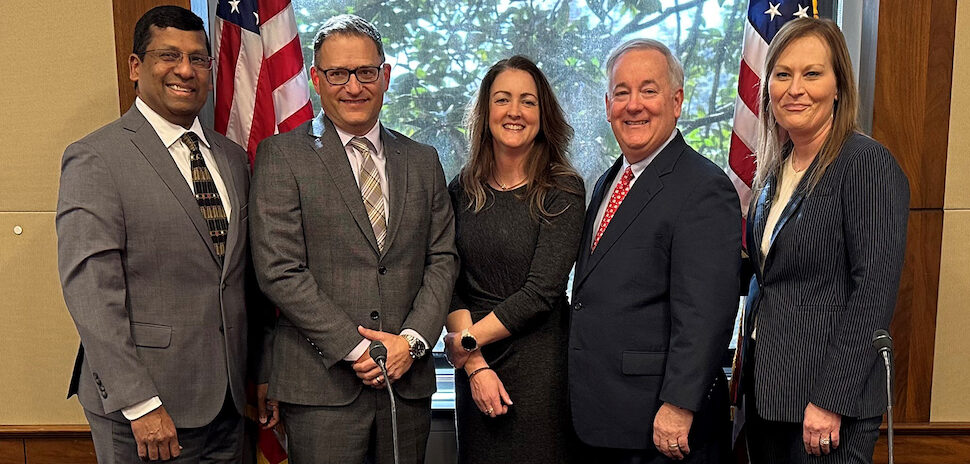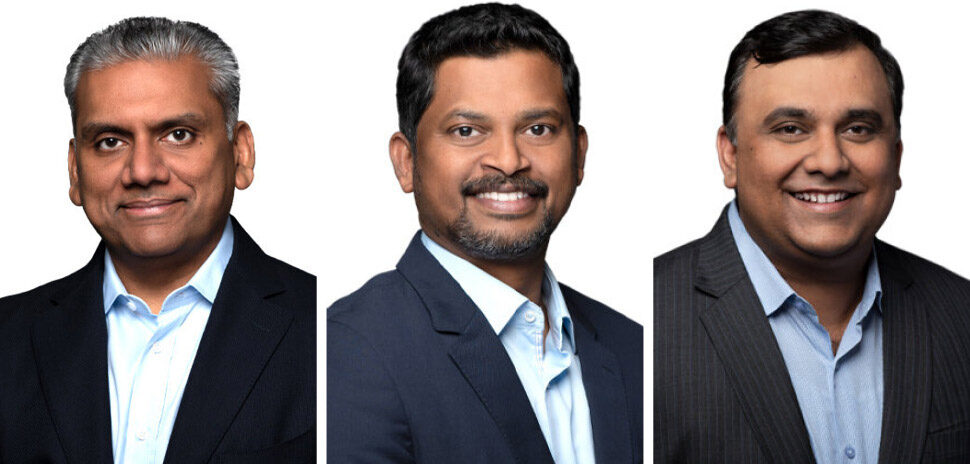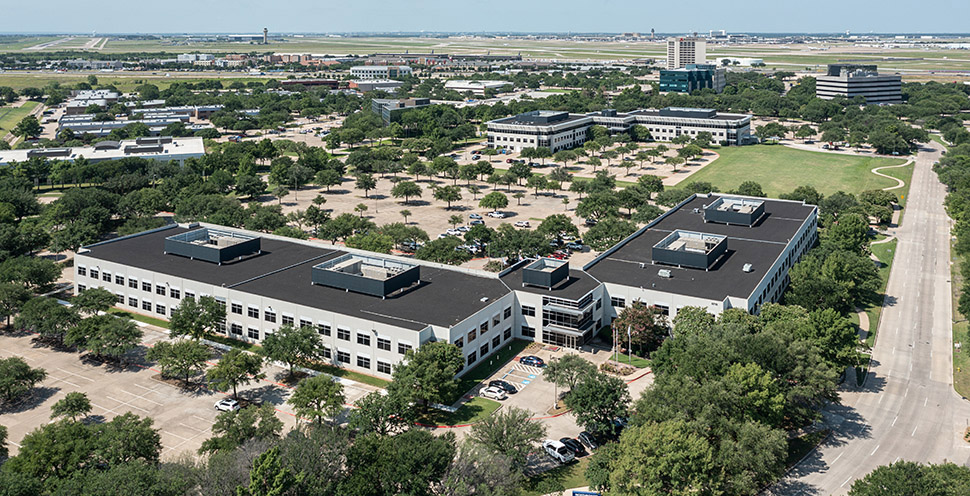Boston-based Cherish and Dallas-based AT&T announced that Cherish Serenity—a revolutionary contactless sensing device—will feature AT&T cellular service for instant-on connectivity when it ships to consumers in 2023.
The collaboration will make the solution available to enterprise customers including senior living facilities, nursing homes, and healthcare providers, AT&T said.
“The Cherish Serenity platform with Cherish AI enables a whole new class of in-home safety and health monitoring capabilities, all without compromising people’s privacy and dignity, and without requiring any change in how they live,” Sumit Nagpal, Cherish’s founder, chairman, and CEO, said in a statement. “Then it goes a vital step further and ‘just works’ to solve the industry’s setup and cost challenges. Our work with AT&T which began in the early days of the COVID pandemic brings instant-on connectivity so that people can plug-and-forget this vital capability and get on with their lives.”
Unlike cameras or wearables that may intrude on people’s privacy, the companies said that Serenity uses patented radar technology that allows it to monitor people across multiple rooms in a home without additional equipment.
Improving safety while empowering independence
Cherish AI runs at the edge to help detect emergency conditions such as falls and signs of rising that could risk an individual’s safety, well-being, and health, the companies said.
AT&T said it collaborated with Cherish to understand the needs of the caregiver and the consumer and designed the initial wireless subsystem embedded in the device.
People aged 65 and older represent the fastest-growing segment of the US population, with similar trends worldwide, according to the U.S. Census Bureau.
But longer lives bring both opportunities and challenges for people and their families, AT&T said.
To meet those challenges, Cherish Serenity helps older people live more independently at home and in supervised residential settings with more independence and dignity.
It helps friends and families easily know how their loved ones are doing and alerts them when things go wrong. Cherish Serenity brings peace of mind while reducing hardship and costs for all involved.
Using radar tech, AI, and connectivity
“Cherish Serenity changes the game for in-home sensing using radar technology and artificial intelligence combined with AT&T connectivity,” Joe Drygas, VP of healthcare solutions at AT&T, said in a statement. “This device represents a big leap forward in medical-driven technologies for monitoring the health status of aging adults in their daily lives.”
Drygas said the Serenity platform opens up a new world of advanced sensing where people live, which makes it beneficial to both caregivers and healthcare providers.
AT&T said that Cherish Serenity will ship with its cellular connectivity as its default option and go online immediately when powered on.
For qualified facilities, additional connectivity and resiliency will be available with the solution through AT&T’s FirstNet — the only network built with and for America’s first responders and the extended public safety community.
Cherish Health can use FirstNet as an extended member of the public safety community that could be called upon to support first responders’ emergency response, AT&T said.
![]()
Get on the list.
Dallas Innovates, every day.
Sign up to keep your eye on what’s new and next in Dallas-Fort Worth, every day.










